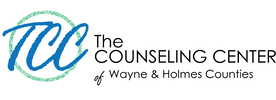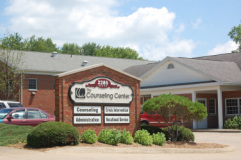– It is not just a case of the blues.
– It is not a weakness.
– It is not a personality flaw.
– It’s not something that you have made up in your head.
According to the National Institute of Mental Health, more than 19 million Americans suffer from clinical depression each year. Anyone, regardless of age, gender, race, or socioeconomic status, can suffer from depression. Much like diabetes, asthma, or heart disease, depression is a disease that requires and responds to treatment.
What are the signs of depression?
– Feeling sad or blue, or “down in the dumps”
– Loss of interest in things you used to enjoy, including sex
– Feeling worthless, hopeless, or guilty
– Sleeping too little or too much
– Changes in weight or appetite
– Feeling tired or having little or no energy
– Agitation or restlessness
– Problems concentrating or making decisions
– Thoughts of death or suicide
Treatment Works. Don’t be afraid to ask for help. Contacting a mental health professional to learn more about depression and the different treatment options available will help decide the best approach for you. Counseling, Psychotherapy, medication therapy, making healthy lifestyle changes, etc. can be effective treatments that can help overcome depression.
Counseling and Psychotherapy is talking with a mental health professional about you, including your situation, relationships, and condition. It may help you learn how to make sense of your thoughts and feelings. Psychotherapy is not just about getting answers or advice. It is a way to learn more about you and get information, support, and honest feedback—within a safe, private and confidential setting. There are different settings for psychotherapy—some are one-on-one and some are in a group setting. Some types provide education and support. Others focus on learning about yourself or your relationships with others.
Medications such as mood stabilizers are usually used on a long-term basis to help delay episodes of mania or depression. Other medications may be used short-term to treat symptoms of mania or depression. Many times it is recommended that medications be used alone or in combination with other therapies for treating depression such as counseling and psychotherapy.
NOTE: Seek immediate assistance for thoughts of death or suicide – call 911 or the Crisis Team at (330) 264-9029


 RSS Feed
RSS Feed



